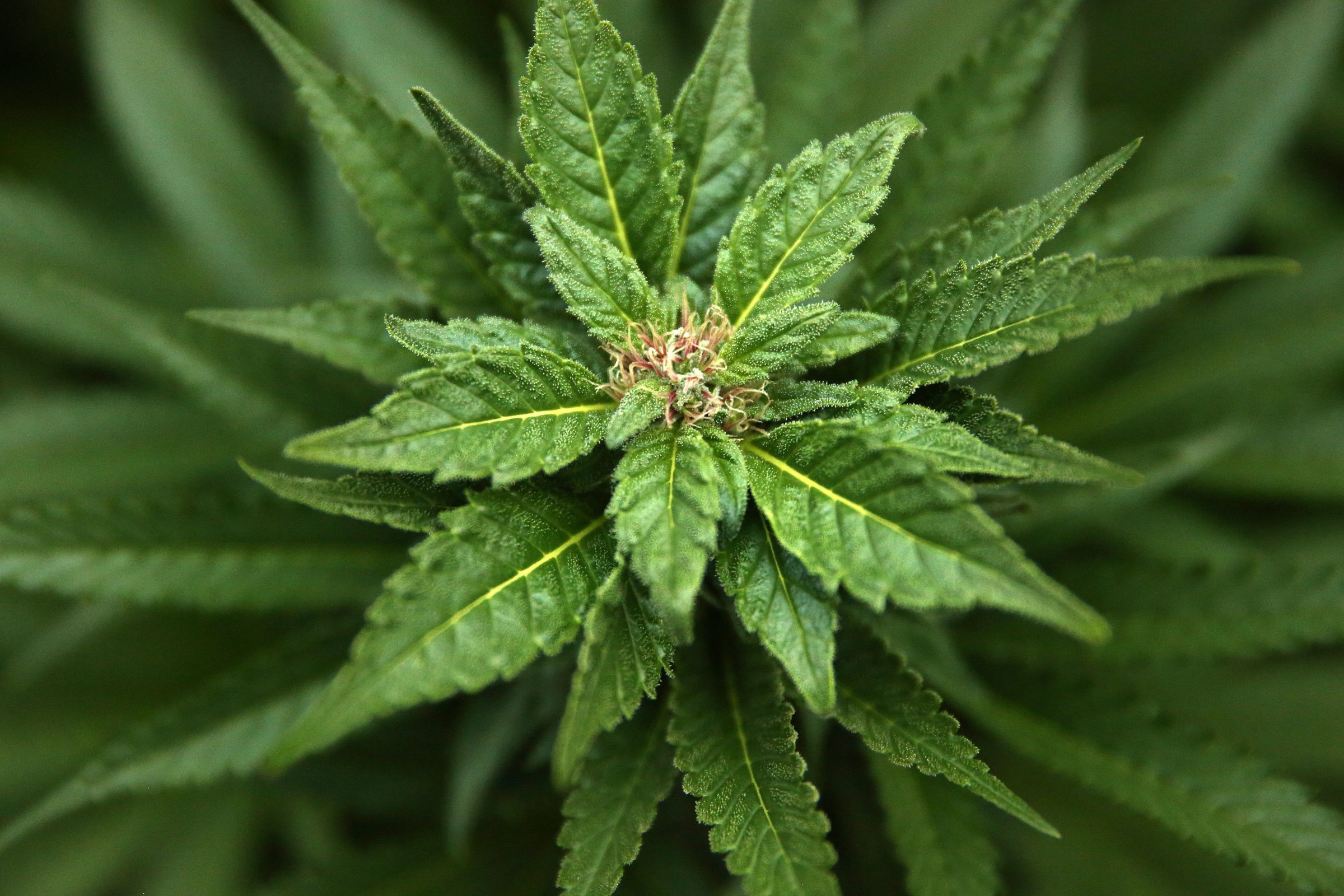
Advocates for legalizing marijuana say that Colorado and Washington were just the beginning, and it’s looking like Alaska may be next. On Wednesday, legalization supporters submitted 45,000 signatures to the state’s Lieutenant Governor, about 15,000 more than they need to get the measure on the August 2014 primary ballot.
“Voters around the country are fed up with our failed prohibition policies,” Mason Tvert of the pro-legalization Marijuana Policy Project said in a statement. “Alaska is poised to be the next state to regulate marijuana like alcohol, and it won’t be long before more states follow.”
The initiative would make possession of limited amounts of marijuana legal for adults ages 21 and older, much like the law that took effect in Colorado Jan. 1. The state has allowed medical marijuana since 1998. And advocates are using the same political angle that was successful in 2012: that marijuana is safer than alcohol, and it makes little sense to regulate one while driving the other into an underground market. Alaska’s Campaign to Regulate Marijuana is also making the case that law enforcement has better things to do than arrest people for possessing pot and that regulating the substance would bring new revenue into the state’s coffers.
Why is Alaska potentially the third state to clear the way for legal weed? The reasons and are practical and political. While activists like Tvert are waiting until 2016 to push initiatives in more populous states like Arizona and California, when higher turnout for a presidential election may boost their effort, Alaska requires that ballot initiatives be dealt with during primary elections, so there was little advantage to waiting. They’re are also hoping that the state’s rich libertarian tradition will help their cause.
“It’s safe to say that Alaska has traditionally had a significant amount of interest in maintaining privacy rights,” says Allen St. Pierre, executive director of the National Organization for the Reform of Marijuana Laws. “The libertarian streak certainly benefits the effort.”
The Division of Elections will now review the signatures, and if enough are deemed to qualify, voters up north could soon find themselves in the marijuana debate.
More Must-Reads from TIME
- Cybersecurity Experts Are Sounding the Alarm on DOGE
- Meet the 2025 Women of the Year
- The Harsh Truth About Disability Inclusion
- Why Do More Young Adults Have Cancer?
- Colman Domingo Leads With Radical Love
- How to Get Better at Doing Things Alone
- Michelle Zauner Stares Down the Darkness
Contact us at letters@time.com